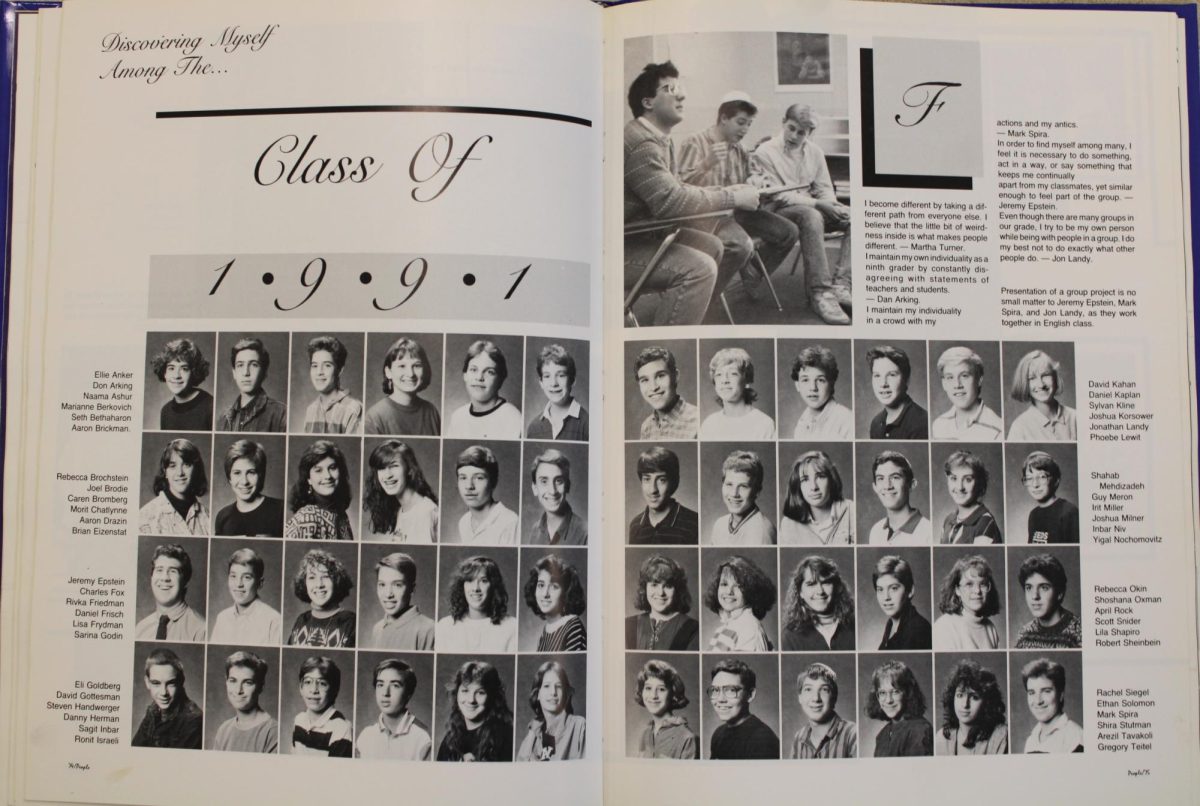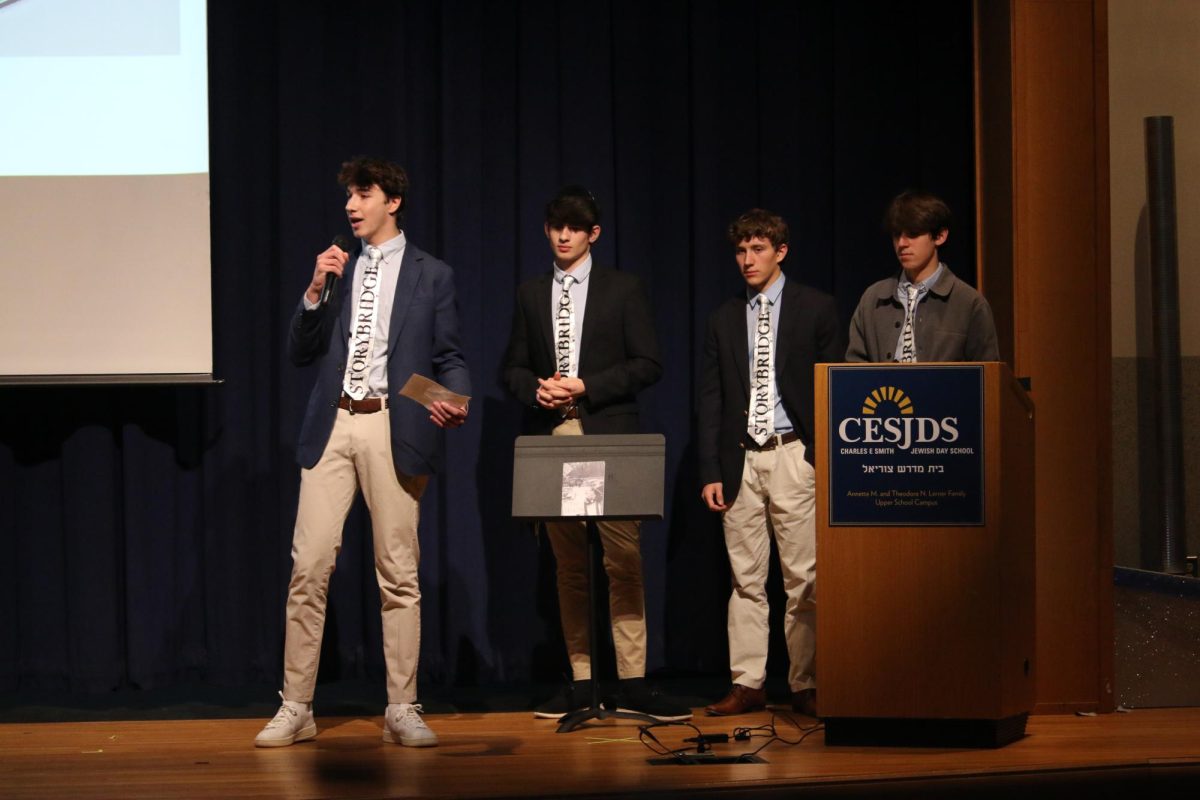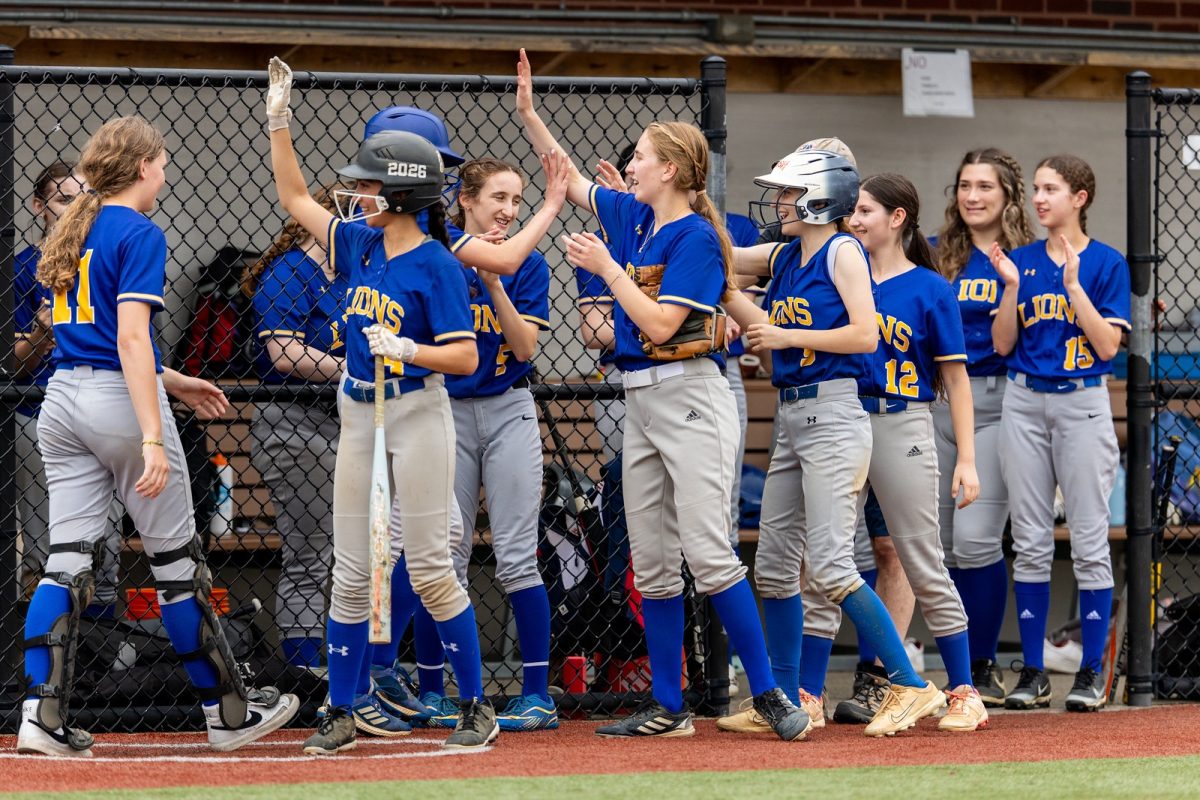In a historic moment for the United States, President-elect Donald Trump won both the popular and Electoral College votes this past Tuesday, Nov. 5. This marks a new shift for the country from the previous Democratic administration to a Republican administration backed by a Republican senate majority. The country’s decision has implications on the Jewish community, Israel and the CESJDS community.
Amid the Israel-Hamas War, the Trump victory will create a shift in Middle East policy, as Trump and Israeli Prime Minister Benjamin Netanyahu have had a close ally relationship and talk regularly about the conflict in the Middle East and see “eye to eye” on the war. Many of Trump’s policies have previously supported Netanyahu’s government, such as the Abraham Accords and the movement of the American embassy from Tel Aviv to Israel’s capital city of Jerusalem.
On the other hand, 79% of Jewish voters supported Vice President Kamala Harris in the past election, showing how the majority of Jewish voters had faith in Harris’s policies on Israel and the American Jewish community.
Another factor in this year’s election was the youth turnout. Some JDS seniors voted in this election, so the history department has emphasized how to teach students to be informed and educated voters.
“We want our students to be media literate and civically engaged,” high school history department chair Carl Atwood said. “Students should be able to find good, accurate sources of information to vet and weigh the different sources of information and to understand how personal bias plays a role in the types of media and types of sources that we choose to consume.”
Young voter turnout (between ages 18-29) was high this election, with the turnout being even higher in battleground states, according to Tufts Circle. The young vote shifted toward Trump this election with young voters favoring Harris by only six points over Trump, whereas the young vote favored President Joe Biden by 25 points over Trump in the 2020 presidential election. This marks a difference from the past elections where young voters have been more supportive of the Democratic candidate.
As the JDS high school is a community of students and young adults, the political polarization among teenagers from the election has been severe from both sides, as young adults are frequently on social media where the polarization is at its worst.
“[The election is] affecting me as a teenager,” junior and Political Discussion Club member Jonathan Gordon said. “I know that I woke up today to a bunch of Instagram posts saying ‘People tell us that it’s okay to be friends with people who disagree with you politically, but if you support Donald Trump I can’t be friends with you because you’re a terrible person.’ And when I saw this I got really sad…It’s a huge loss for our society, especially as young people.”
Gordon finds that the Political Discussion Club has been a great resource during the election to have productive dialogue and process the election results. The club is a reflection of the school’s values as high schoolers attend a club where students of all political affiliations are able to have productive conversations with each other.
In the weeks leading up to the election, the school posted civic discourse posters around the school to emphasize the importance of respectful dialogue in the face of differing political beliefs. This highlights a school value in the JDS Portrait of a Graduate which is to be an “Ethical, Responsible and Compassionate Global Citizen.”
In recent months, JDS has also made an effort to increase dialogue among all students, with new posters around the high school hallways highlighting how to have a respectful discussion with an opposing viewpoint. These posters have come as an outgrowth of faculty seminars led by Atwood, Jewish Text Department Chair Grace McMillan, high school history teacher Natalie Levitan and Middle School Jewish Text Department Chair Derek Rosenbaum on how to increase civil discourse in school especially close to the election.
“We were really introducing faculty to the model of deliberation as a productive, healthy way of engaging in controversial topics and in a deliberation,” Atwood said. “The goal is to have a wide variety of voices and perspectives all trying to attempt to come to consensus on a controversial topic, like, ‘what can we all agree on?’ ‘What could what are the potential proposals or solutions out there about this controversial topic, and where can we find consensus on these issues?’”
In an email written by Head of School Mitchel Malkus on Nov. 4, Malkus wrote that students of all ages have been learning about the election and its importance to their communities. The lower school learned about the election process, high school had “Dine and Discuss” sessions led by senior history students on various prevalent topics in the election. In the middle school government class, students have been learning about the electoral college and the executive branch, giving students the foundation to understand the election process.
“We talked about the way the Electoral College works and went into more depth and talked about [the Electoral College] in the context of the election coming up and how the election would be up to certain states to decide,” eighth-grade student Rayut Weiser-Rosenbaum said. “We took what we were already learning about the executive branch, and applied that to the election.”
Amid the election process, JDS has worked to ensure that their students are engaging in respectful conversations, understanding the election process and processing the election results in places such as the political discussion club. With such intense emotions from the election results, students are learning how to uphold their civic duties even before they can vote.
“We have an America now,” Gordon said. “We’ll have an America afterward. And as long as we don’t lose faith in each other, and as long as we all stay friends with each other and keep talking out our issues without resorting to name calling…If we can just resort to doing what we do in political discussion club every day, talking out the issues, presenting points, listening respectfully, I think we can come up with solutions and I think we as Americans can get through anything.”














